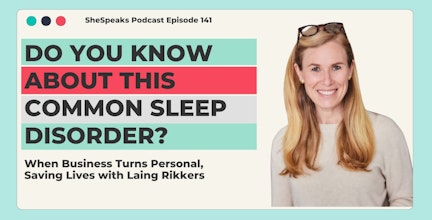The Junk Food Rebellion: How to Make Teens Want To Eat Healthy

Christopher J. Bryan
The words junk food and teens seem like a natural pairing, but a new study suggests it can be easy to persuade kids to choose healthier options if you change the way we talk about food. Experts now say talking to teens about how junk food companies market products to kids can have more of an effect on the choices they make than simply giving them the facts about eating healthy.
Science Alert reports about the new study published in the journal Nature Human Behaviour that worked with 362 eighth graders in Texas. The group of participants ranging in age from 13 to 15 were split into two groups, one group was told some facts about the benefits of eating healthy. The other group was taught through an unhealthy eating exposé about some of the marketing tricks junk food companies use to get kids to choose their products. The exposé included lines like, “companies are spending lots of money to find ways to make [unhealthy foods] even more addictive.” The idea to clue kids into the marketing strategies of food companies that sell unhealthy products came from the success of anti-tobacco campaigns in the 90’s that showed young people the tricks big tobacco used to gets kids hooked.
The study’s researchers followed the children for the rest of the year, giving them periodic surveys about eating habits and keeping track of cafeteria purchases. What they found was that the kids who were in the group that learned about junk food marketing tricks were much more likely to see junk food in a negative light and make healthier food purchases at lunch. Teenage boys from this group were the most likely to rebel against junk food and bought 31 percent fewer junk food products over the following 3 months. Girls in both groups may have been equally willing to make healthier food choices since at this age they are already more body conscious than boys.
Study author Christopher J. Bryan believes this new strategy may be key to getting kids off junk food. Bryan explains, “Food marketing is deliberately designed to create positive emotional associations with junk food, to connect it with feelings of happiness and fun. What we've done is turn that around on the food marketers by exposing this manipulation to teenagers, triggering their natural strong aversion to being controlled by adults.”
What do you think of this study that suggests kids are more apt to rebel against junk food when they are aware of the marketing tricks?
Do you think there should be more campaigns against junk food that exposes kids this way?










_01252024061712.jpg?max-w=432&max-h=220&fit=crop&auto=format)

_10242023164832.jpg?max-w=432&max-h=220&fit=crop&auto=format)


_08172023152001.jpg?max-w=432&max-h=220&fit=crop&auto=format)


 (6)_07082023175312.jpg?max-w=432&max-h=220&fit=crop&auto=format)
 (1)_05192023144508.jpg?max-w=432&max-h=220&fit=crop&auto=format)

 (37)_05032023114523.jpg?max-w=432&max-h=220&fit=crop&auto=format)
 (3)_04112023125932.jpg?max-w=432&max-h=220&fit=crop&auto=format)
 (36)_04272023152113.jpg?max-w=432&max-h=220&fit=crop&auto=format)